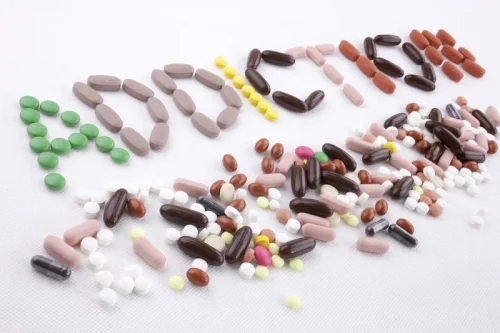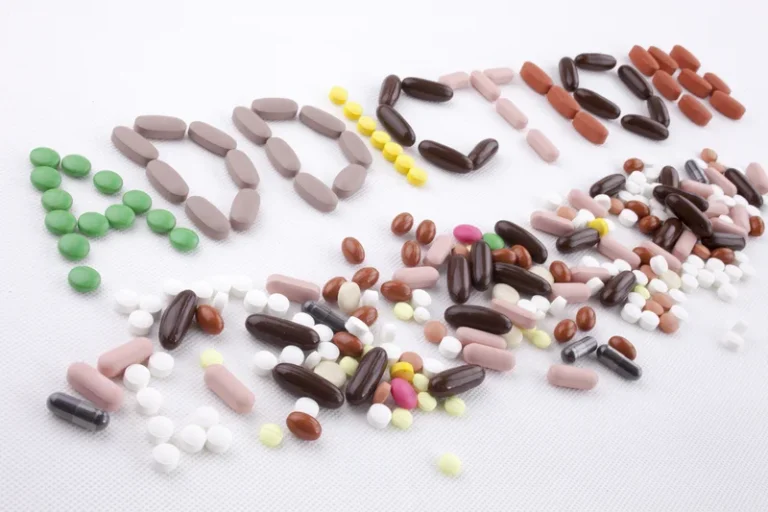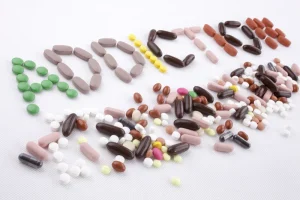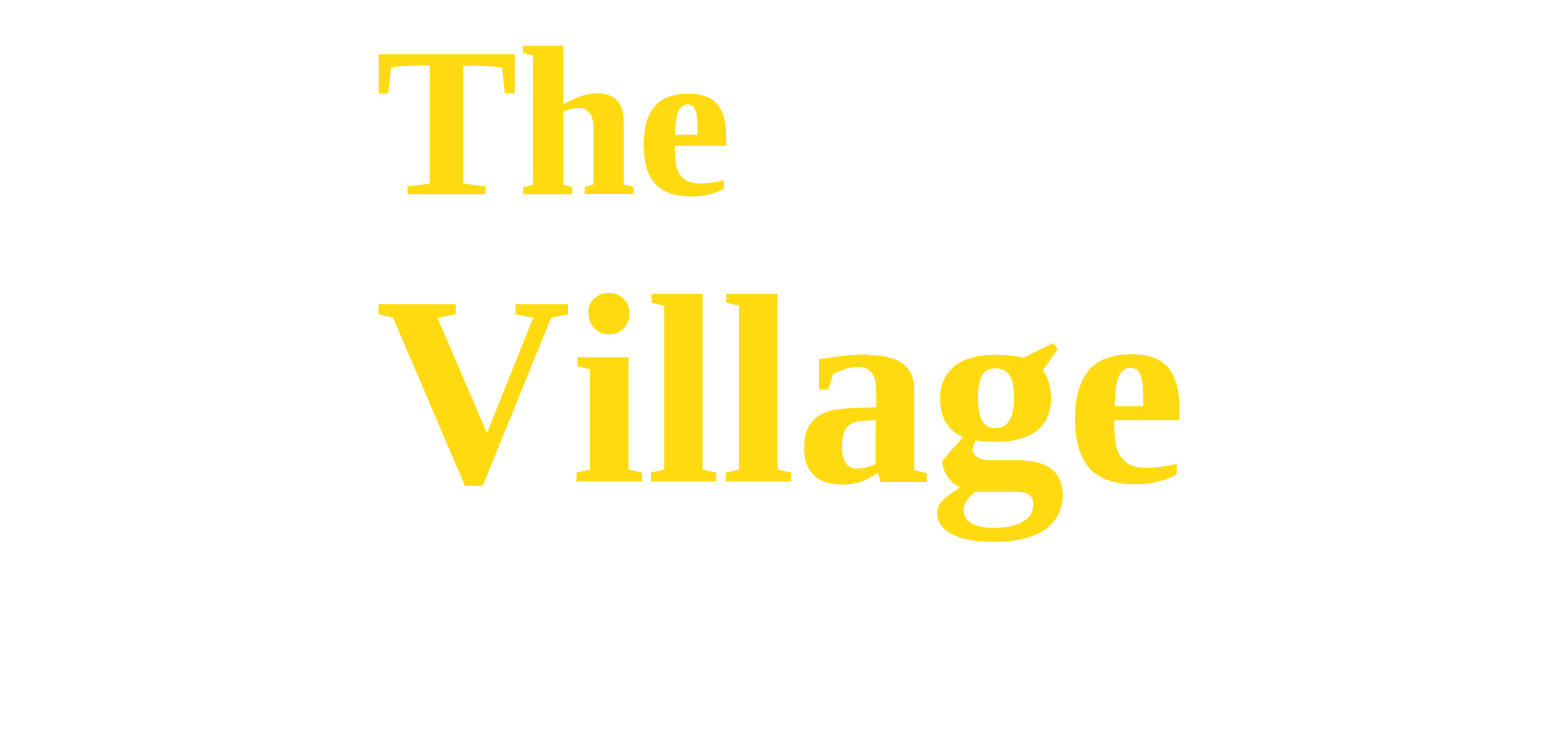Group Therapy & Activities for Substance Use Recovery

Practicing refusal skills through role-playing is a dynamic way to prepare participants for real-world situations where they might be tempted to use substances. By simulating scenarios involving peer pressure or social settings, participants can practice assertively declining offers of drugs or alcohol. These activities build confidence, enhance communication skills, and empower individuals to prioritize their recovery goals. Warm-up exercises serve as a bridge between members’ daily lives and focused group discussions. These exercises can include mindfulness activities, deep breathing exercises, or brief reflections on personal progress since the last session.

Self-Care and Recovery
- In the end, interactive group therapy isn’t just about keeping people engaged during sessions.
- Trust-building exercises, such as trust falls or group problem-solving tasks, are effective experiential therapy activities that promote connection and reliance on others.
- Substance abuse treatment is challenging, but recovery is possible with the right support and guidance.
- Then write about or discuss ways you can serve the same purpose in a more positive way, such as allowing yourself regular sessions of peaceful self-care to stave off overwhelm.
- Substance abuse group activities aimed at identifying high-risk triggers often involve group discussions, reflective journaling, and shared experiences.
A significant benefit of group therapy for addiction is the accountability it fosters. Regularly attending group sessions helps individuals stay on track with their recovery goals, as group members encourage each other to remain committed to sobriety. The group provides a structured environment where members are held accountable for their actions, helping them resist temptations and avoid relapse.

Substance Abuse Group Therapy Activities for Recovery
Through mindfulness exercises, problem-solving simulations, and guided imagery, participants learn healthier ways to navigate life’s challenges while maintaining their sobriety. Substance abuse group activities are a path to healing as the journey towards addiction recovery is rarely undertaken alone. For many, especially those recovering from addiction, recovery is significantly enhanced by the support and camaraderie found within substance abuse support groups. These groups are pivotal in promoting sobriety, providing emotional reinforcement, and fostering personal growth. As the understanding of addiction continues to evolve, professionals and researchers increasingly recognize the vital contribution support groups make in the holistic recovery process.

Understanding Self-Worth
They can also discuss any recent challenges or successes related to their recovery journey. We previously posted a list of 60 substance abuse group therapy activities to give readers an idea of what kinds of topics they might encounter during a theme/support group. For all your therapy practice and substance abuse group activities needs Theraplatform can help. Theraplatform, an EHR, practice management and teletherapy tool built for therapists can help you share and organize your materials.

Top 13 Experiential Activities for Group Therapy for Addiction Recovery
A printable deck of cards with 128 coping skills for managing stress, anxiety, and other difficult emotions. A worksheet for clients to pass around to group members so each person can write a positive affirmation. Zainab is a skilled member of the ChoicePoint team of medical content writers. With 4 years of relevant experience, she is passionate about conveying accurate and up-to-date information through her writing. Her area of expertise includes writing on addiction challenges, providing guidance on treatment procedures, and addressing co-occurring mental issues. Jessica Plonchak serves as Executive Clinical Director at ChoicePoint.
Exercise and Physical Activity
- A significant benefit of group therapy for addiction is the accountability it fosters.
- Many people in recovery have faced trauma, which can be a driving force behind substance use.
- This topic includes role-playing exercises that allow members to practice empathy and see situations from different perspectives, which can improve relationships and communication.
- A 3-page worksheet for substance use recovery for planning leisure activities and enhancing wellness/spirituality.
- The facilitator then reads off the different categories and group members have the opportunity to share their answers.
- A 12-page worksheet packet for exploring, challenging, and redefining unrealistic expectations about the self.
These groups are based on mutual support and understanding, with participants sharing their experiences and offering help to others in similar situations. Group therapy provides a platform for individuals to share their personal triggers and learn from the triggers of others. Discussing substance abuse group therapy ideas coping strategies and creating an individualized plan for avoiding or dealing with triggers is essential in group therapy. In recovery, trust is often something that needs to be rebuilt—both with oneself and with others.
MORE Substance Abuse Group Therapy Activities

This activity encourages teamwork, unity, and a deeper understanding of the group’s collective goals. Guided imagery is a relaxation-focused experiential exercise for group therapy that helps participants visualize positive outcomes or safe spaces. A facilitator leads the group through a calming meditation, prompting them to imagine a place of peace or success in their recovery.
Substance abuse group activities
- The program here at Two Dreams focuses on the improvement of one’s life through the achievement of mental peace, physical well-being, and personal productivity.
- Two Dreams utilizes process groups as opposed to theme/support groups.
- Magazine clippings, photographs, and inspiring quotes come together to form a visual representation of each person’s aspirations.
- It is also a great way to focus the mind and engage in a calming, hands-on task.
- If you let a behavior persist, hoping it will eventually stop, you’re sending the message that it’s okay, not only to the person who is disruptive, but to the entire group.
The key is to maintain a spirit of openness and flexibility, always ready to adapt and innovate. Imagine groups racing to identify and challenge negative thoughts, passing the baton of positivity from one member to another. Or picture a lively game of bingo where, instead of numbers, participants mark off common cognitive distortions as they recognize them in their own thinking. It’s education disguised as entertainment – the best kind of learning there is. It is always important for group members to discuss any current issues and get advice and support from other members of the group.


+ There are no comments
Add yours